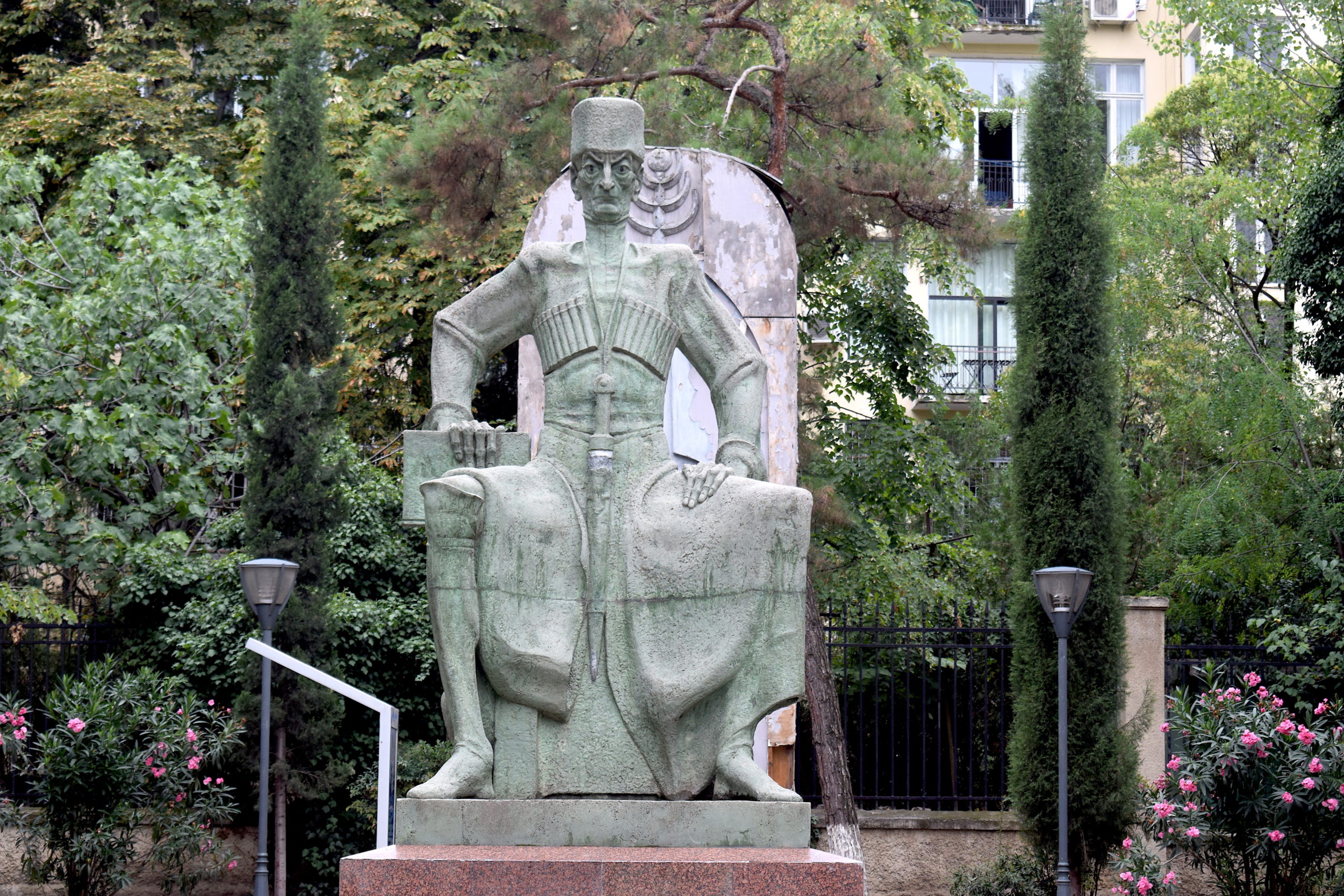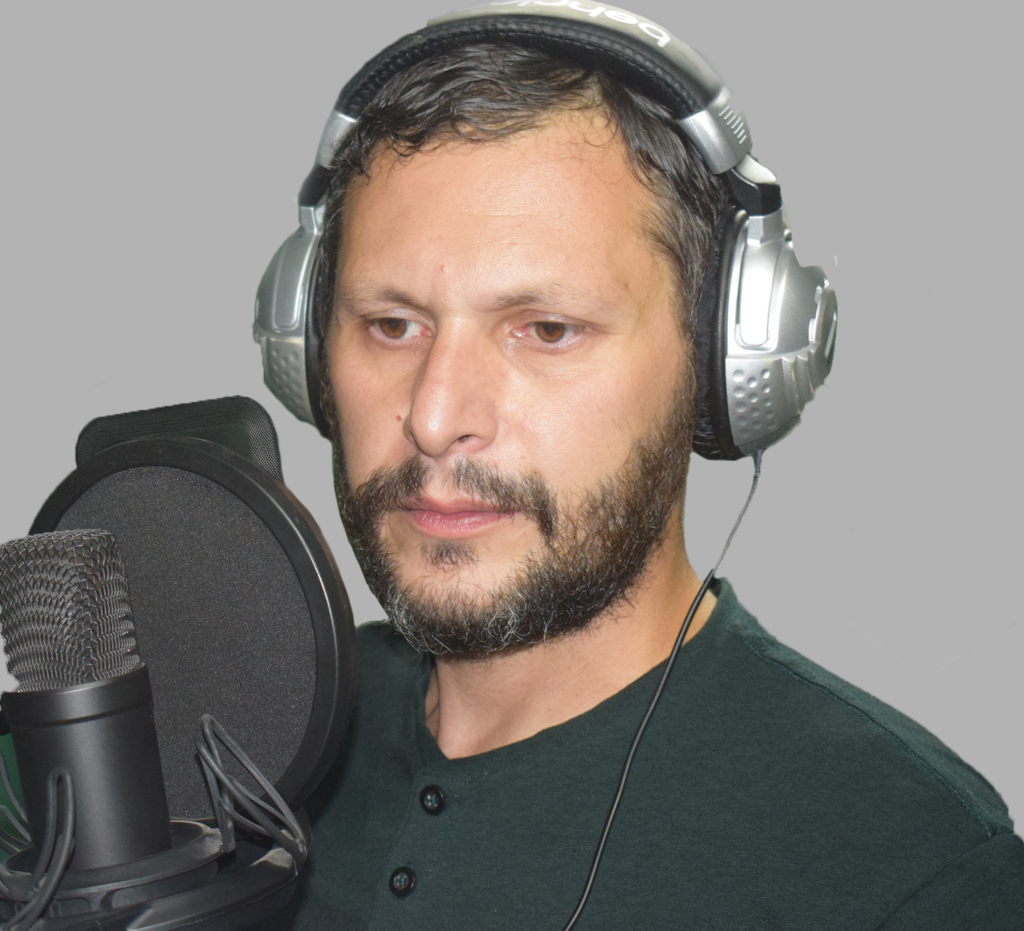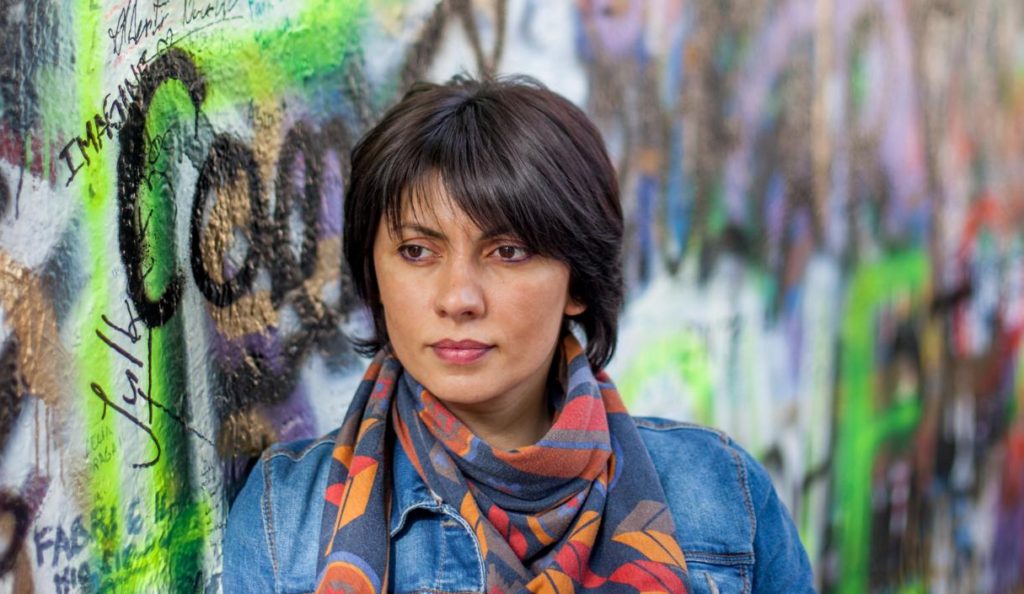Konstantine Gamsakhurdia (1893 – 1975) was a Georgian writer and public figure. Gamsakhurdia received his early education at the Kutaisi gymnasium and then studied in St. Petersburg. He spent most of the World War I years in Germany, France, and Switzerland, taking his doctorate at Berlin University in 1918.
Gamsakhurdia published his first poems and short stories early in the 1910s, influenced by German Expressionism and by French Post-Symbolist literature. While in Germany he regularly wrote for German press on Georgia and the Caucasus, and was involved in organising a Georgian Liberation Committee. After Georgia’s declaration of independence in 1918, he became an attaché in Georgia’s embassy in Berlin, responsible for repatriation of Georgian World War I prisoners and placing Georgian students in German universities.
Hostile to the Soviet rule, he was, nevertheless, one of the few leading Georgian writers to have survived the Stalin-era repressions, including his exile to a White Sea island and several arrests. His works are noted for their character portrayals of great psychological insight. Another major feature of Gamsakhurdia’s writings is a new subtlety he infused into Georgian language, imitating an archaic language to create a sense of classicism.




